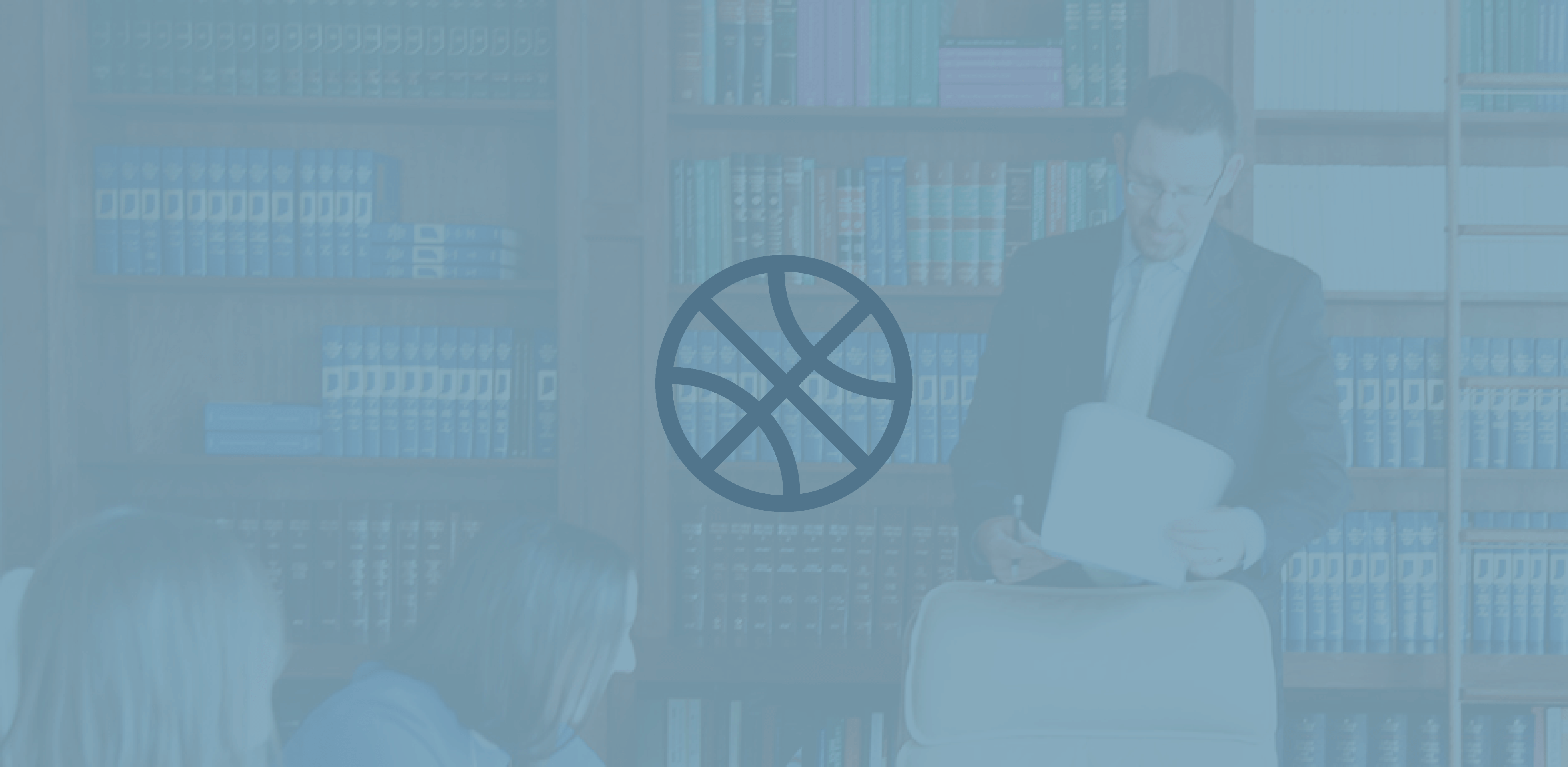The NLRB Continues to Treat Student-Athletes as Employees
POST DATE: 5.1.17

On September 22, 2016, the National Labor Relations Board (“NLRB”) issued an Advice Memorandum relating to Northwestern’s Football Handbook. Strangely, the Memorandum was written in response to a complaint filed by California Attorney, David Rosenfeld, not because of a complaint filed by a student-athlete. Rosenfeld alleged that Northwestern was guilty of “unfair labor practices” and sought investigation by the NLRB.
The National Labor Relations Act (“NLRA”) protects the rights of employees of private entities, including the rights to self-organization and collective bargaining. The NLRA also prohibits employers from interfering with those rights. When an employer engages in unlawful interference with a protected right, this is called an “unfair labor practice.”
In response to the unfair labor practice allegations, Northwestern amended its Football Handbook. The Memorandum comments on those changes and ultimately concludes the unfair labor practices charges should be dismissed. What the Memorandum does not address, however, is the impact these required changes may have on the real-life application of NCAA rules.
One of the policies Northwestern modified was its Social Media policy. Previously, the policy contained language stating that student-athlete social media profiles may be regularly monitored by university employees but the University struck that language. While recent NCAA rule changes now allow coaches, student-athletes and other institutional members to “like,” “retweet,” and “favorite” posts by prospective student-athletes, institutional employees still need to monitor these accounts for other violations. For example, student-athletes, as amateurs, cannot endorse commercial products. Social media accounts, not surprisingly, are the primary platform student-athletes use to endorse products or services.
Northwestern also revised its Athletic Communications for Student Athletes Rule. The Rule previously required student-athletes to direct any media requests for interviews to the Northwestern athletics communications office. The NLRB stated in its Memorandum that, prior to revision, the Rule could have been construed as prohibiting protected concerted activity. Now, the Rule advises that student-athletes have the option of referring the media to the athletics communication office but are free to speak to the media directly.
This revision may have an unintended impact on the NCAA rules relating to Media Activities. During the playing season, student-athletes are permitted to participate in media activities and appear on radio and television programs, but they are not permitted to miss class to attend such programs. Further, many compliance offices require student-athletes to apply for approval of such appearances beforehand, to ensure compliance with all NCAA rules. Based on Northwestern’s new provision, student-athletes may be able to coordinate interviews without the knowledge or approval of coaches and compliance officers and could be in jeopardy of rendering themselves ineligible.
The NLRB’s authority to scrutinize student-athlete handbooks only applies to private institutions, but the full impact of the Memorandum has yet to be seen. The NLRB has not retracted its determination that student-athletes are employees and in fact referred to Northwestern as an employer and student-athletes as employees throughout its Memorandum. Additional labor related challenges to other NCAA rules are certainly possible.
Institutions can prepare themselves for such issues through a review of student-athlete handbooks to ensure continued compliance with labor practices. CCHA’s Sports Law and Labor & Employment practice groups are experts in this field and are ready to help navigate these tricky nuances.
Click here to learn more about our firm and how we can partner with you.
For more information about Kaitlyn and CCHA’s sports law practice, please visit her profile.

